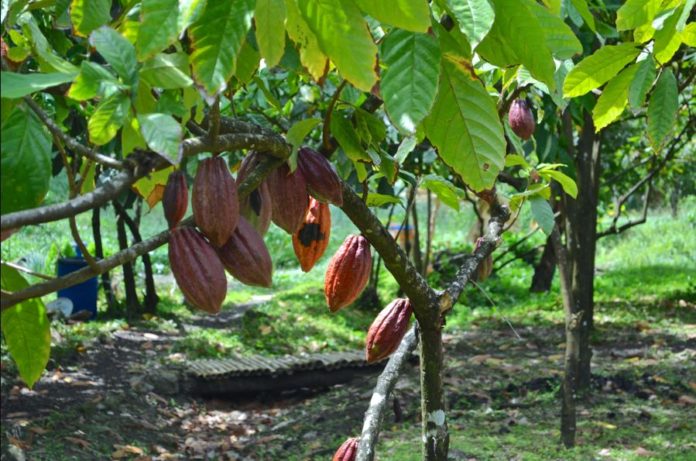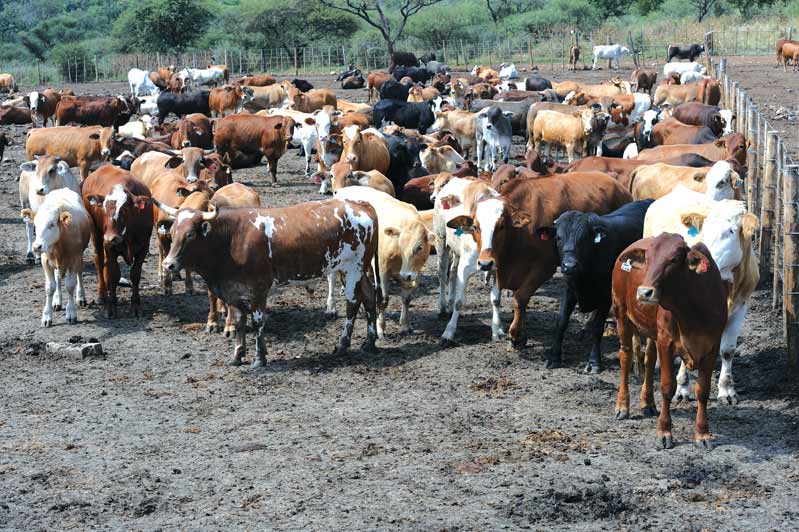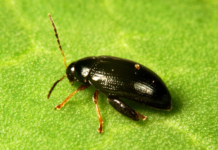Nigeria is set to join the Cocoa Opec in West Africa with a stronger price-setting capacity that can eventually benefit poor farmers.
Oxford Economics, a leading research institution said that Nigeria is looking forward to joining the LID employed by Côte d’Ivoire and Ghana, which set a $400/ton premium on the export price of cocoa from the 2020/2021 crop.
This premium has been set in place to combat farmers’ poverty. While over 70% of the world’s cocoa production comes from Africa, cocoa farmers earn only 6% of the price that consumers pay for chocolate.
Potential alliance
The Nigerian Ministry of Agriculture is expected to hold talks about the potential alliance with the Ghana Cocoa Board in May. The country is the fourth largest producer of cocoa, accounting for 6.5 percent of the global production. The sector is dominated by at least 300,000 smallholder farmers with a cultivated area of 1,400,000 hectares, according to the Nigerian government.
“While Nigeria’s cocoa production figures are well below that of Côte d’Ivoire and Ghana, the country’s over reliance on its hydrocarbons sector has weighed on its potential in recent times, as oil production has dwindled,” Oxford Economics said.
“Therefore, increasing the attractiveness of cocoa farming may add to Nigeria’s diversification efforts. The Oxford Economics briefing acknowledges the struggles faced by West African Cocoa producers in recent years because of the pandemic, which forced them to offer discounts to buyers. During the 2020/21 harvest season, Côte d’Ivoire and Ghana accounted for over 63% of global cocoa production. However, these countries struggled to sell their cocoa amid weak global demand,” the report said.
Cocoa African exporters are expected to face another tough year due to the economic pressures that the Russia-Ukraine war has already weighed on the EU, a key importer of Africa’s cocoa beans. This increases the need for cooperation between large producers to ensure that the $400/ton premium, which is meant to keep cocoa prices above $2,600/ton, can be upheld.








